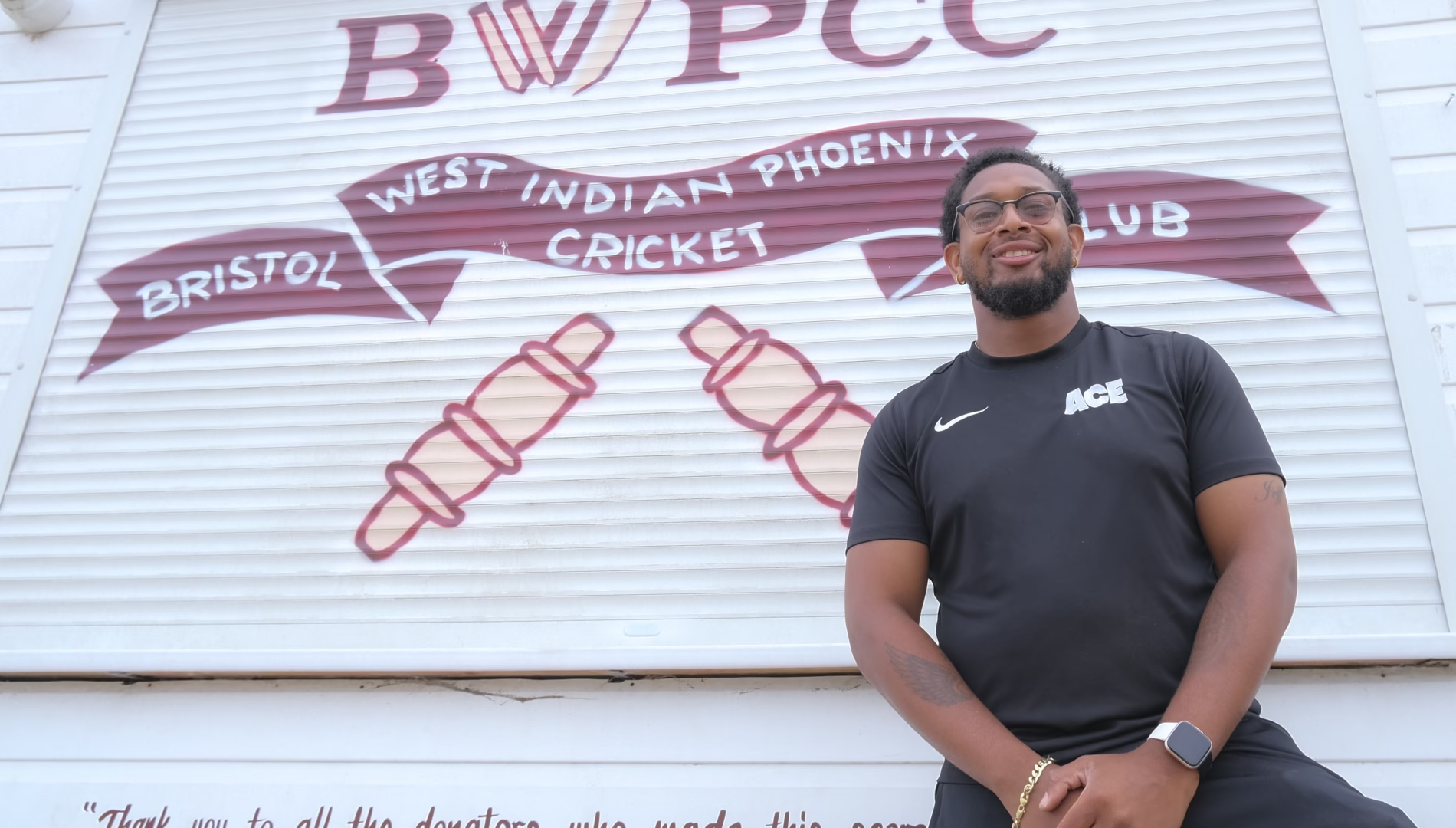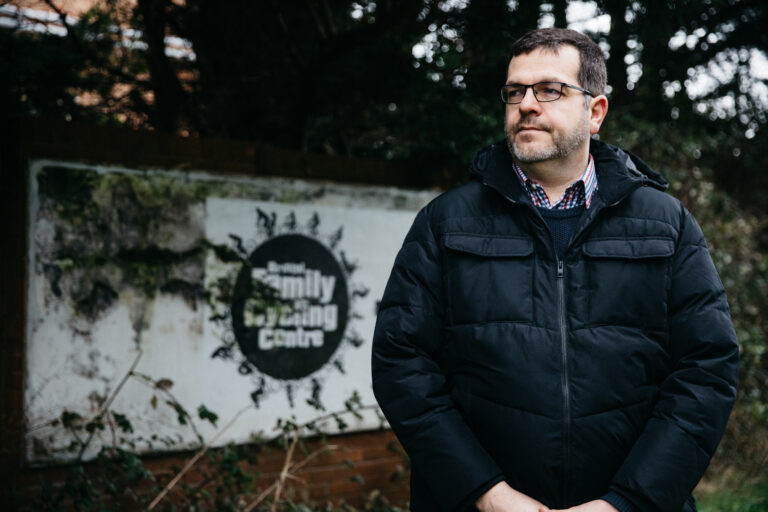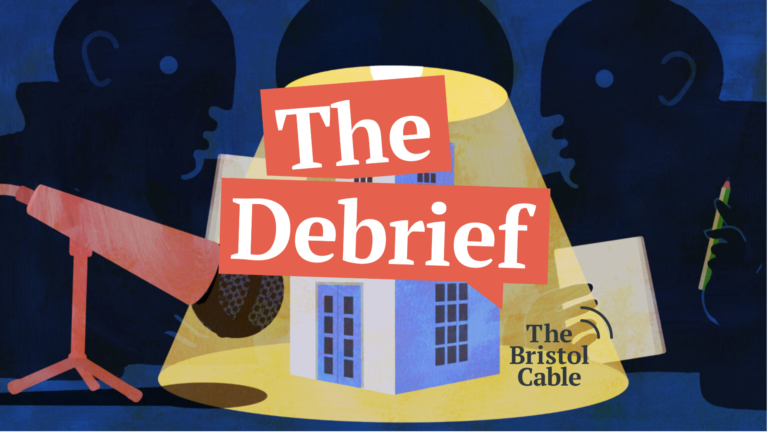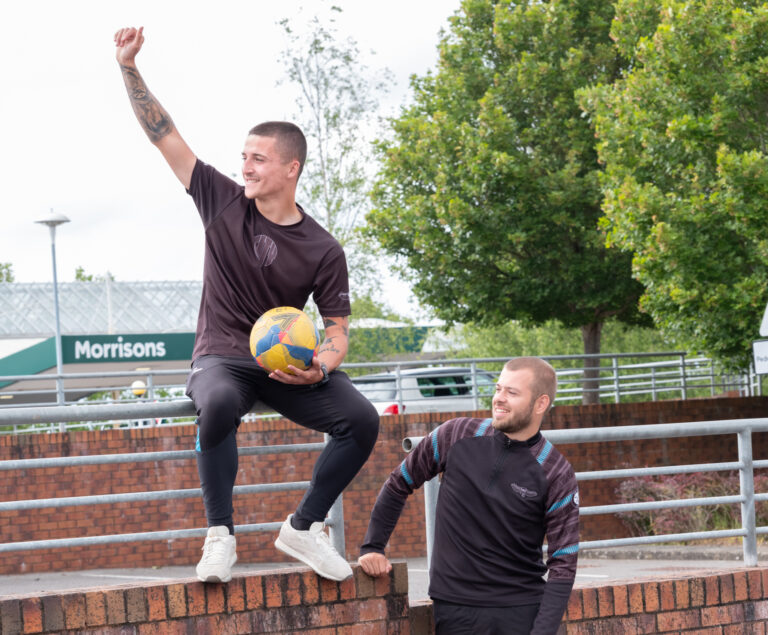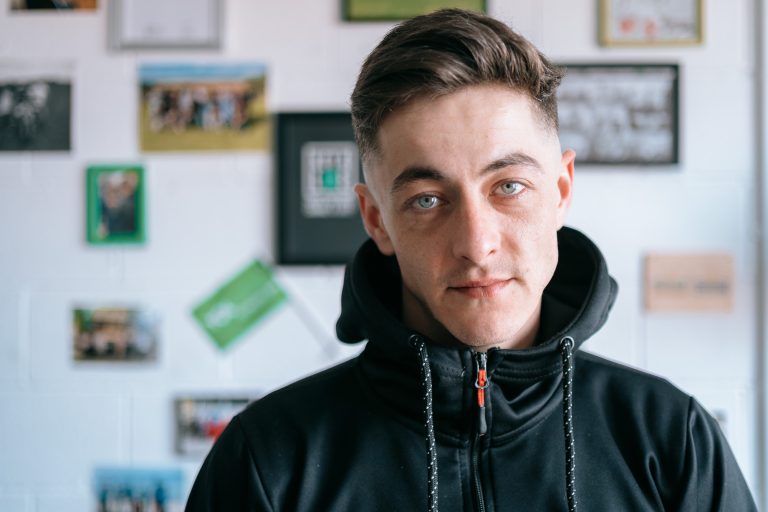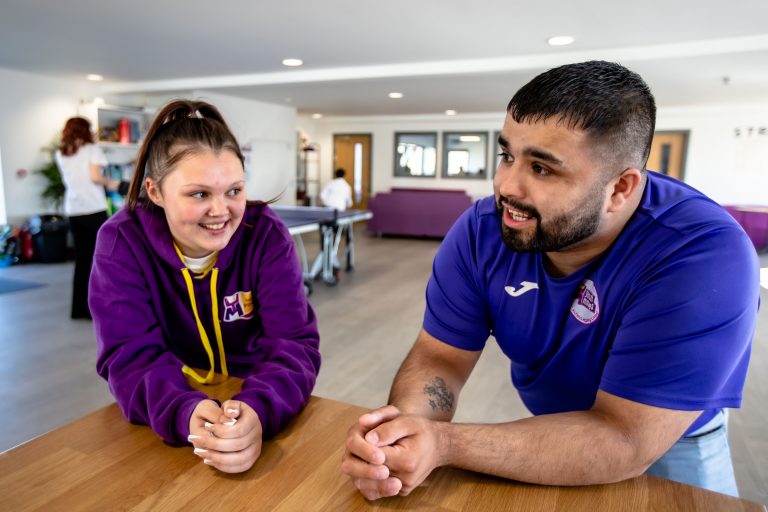Bristol is known for many things: great pubs, a rich culture of innovation and engineering, a commitment to sustainability, a buzzing music scene, and some infamous street artists. But cricket? Less so.
Yet the Bristol and South Gloucestershire area is home to more than 50 clubs catering to all ages, nationalities and skill levels. Bristol’s Caribbean community, in particular, has been making its mark on cricket for generations.
West Indian cricket legends like Courtney Walsh, Mark Alleyne and the late David ‘Syd’ Lawrence have all had a lasting impact on the sport at the local level through their contributions to Gloucestershire County Cricket Club.
At the national level, however, cricket remains stubbornly exclusive: less than one per cent of recreational cricketers are from African Caribbean backgrounds. But the ACE (African Caribbean Engagement) programme at Gloucestershire Cricket Federation in Bishopston is trying to change that.
Making cricket more inclusive
“Cricket is still often seen as an elitist sport, and that’s one of the biggest challenges the game faces right now”, says Cameron Jeffers (pictured above), ACE Development Officer in South Gloucestershire, himself a List A player. A key figure in Bristol cricket, his mission is to engage the local Caribbean community and unearth the next generation of talent.
“Across the country, you can see a real push to make it more inclusive,” he continues. “Being part of that—especially for kids from backgrounds like ours—is powerful. It gives them the chance to discover something new and feel like they belong. That’s what we’re about here at ACE.”
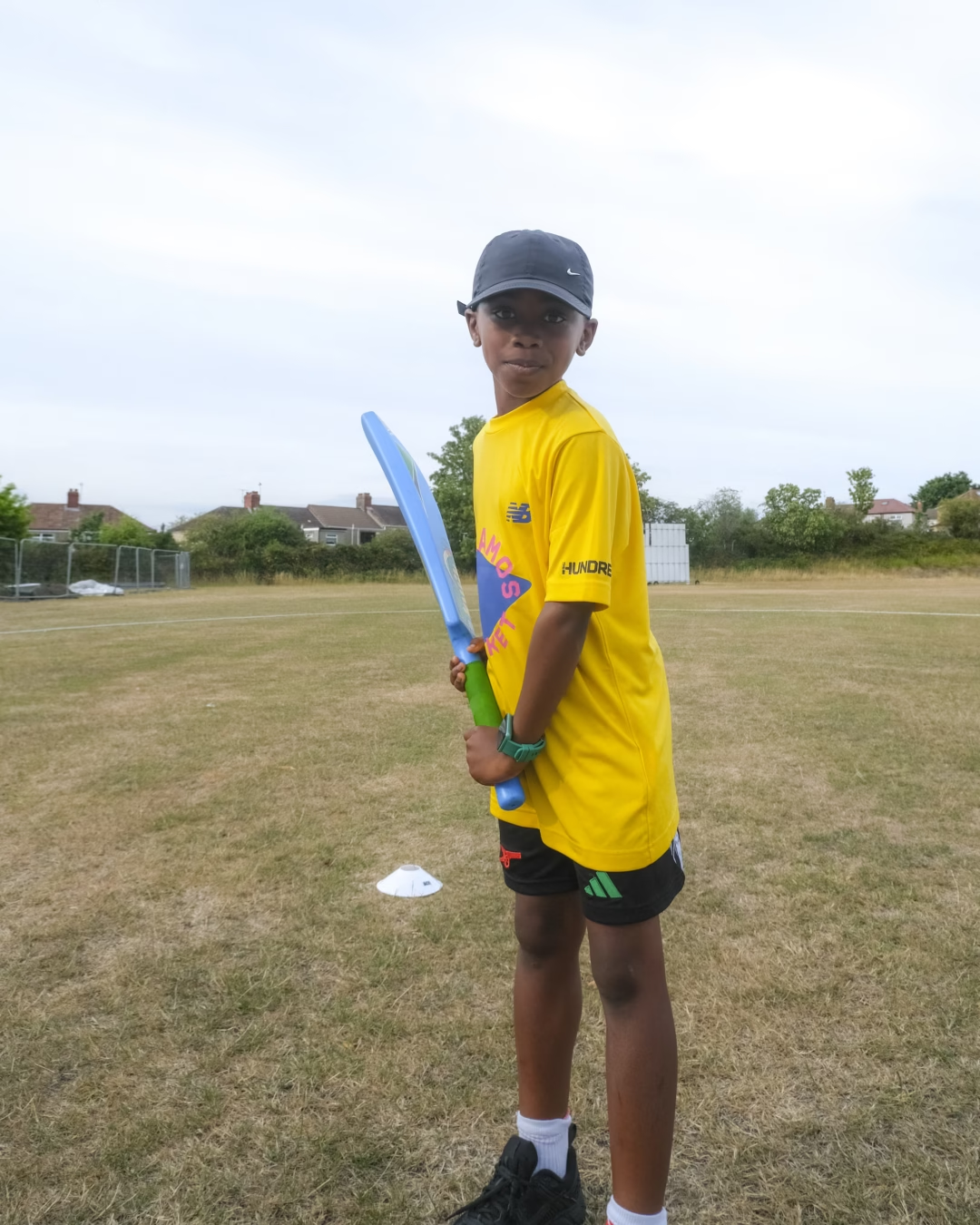
In contrast to the diverse and international culture that surrounds football, the top level of English cricket remains privileged, predominantly white and often privately educated. There’s a clear engagement gap—young Black players, for various reasons, aren’t being drawn into the game.
Jeffers is determined to shift that. “One of our biggest goals is to keep growing the player base in the area,” he says. “We’ve delivered coaching in nearly 20 schools this year, helping to spread awareness about the opportunities cricket can offer. Increasing female participation at a younger age is also a big focus for us.”
Bringing communities together
Every Friday, Jeffers heads down to the Bristol West Indian Phoenix Cricket Club at the Rose Green Centre in Whitehall. The club has been around for half a century, a merger between two West Indian cricket teams that were both established in the 1960s.
He puts on sessions for kids of all ages, genders, and abilities. It’s a bit chaotic – balls flying, bats swinging, kids darting around in every direction – that classic after-school buzz you can feel before the weekend kicks off. It’s controlled carnage of the best kind. Right in the eye of this storm stands Jeffers, Admiral of the evening.
“We see a lot of positivity from bringing communities together through cricket—different cultures understanding and appreciating each other more. We also see kids and parents making new friends throughout the sessions. The network of positivity just seems to grow more and more as we coach and host events.”
Cricket is still often seen as an elitist sport — that’s one of the biggest challenges the game faces right now
Cameron Jeffers
ACE was originally set up by former England player and now commentator Ebony Rainford-Brent. The charitable organisation had a simple goal: to bring more young people with Caribbean heritage into the game.
Often, in a marginalised community, football and other accessible sports have been far more popular, partly due to the low barriers to entry. Cricket is one of the few games that is essentially behind a ‘kit paywall’, with a decent set of pads, bat and whites setting you back anywhere from £150–£500. But that’s something ACE helps identify and deal with.
‘A grassroots foundation’
“Providing people with kit and coaching is one of the most important things we do,” explains Jeffers. “There is no elite cricket without a grassroots foundation. To be able to provide an opportunity and close a barrier is massive. I’ve seen some kids in schools this year who really like cricket and are extremely talented at it. I’m glad to say that the programme has played a part in some kids finding another thing to excel in.”
But how do you make people feel like the game is theirs, the space is safe, and there’s a pathway to professional cricket for young people when engagement is still so low?
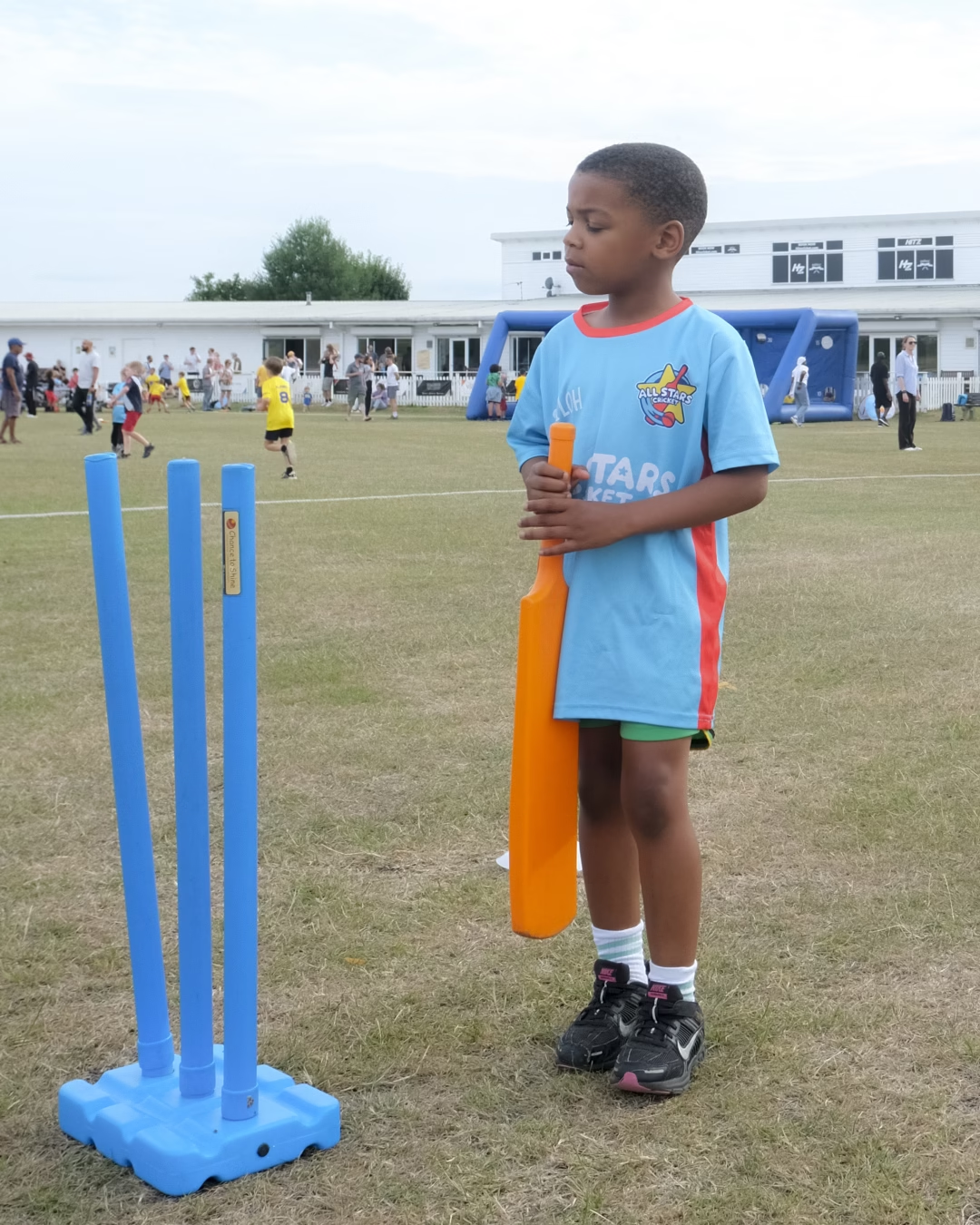
“Creating a clear pathway is important. We believe in the idea that ‘if you see it, you can be it,’ so helping to build that kind of representation is something we’re proud of. Culture is a massive part of what we do — we want everyone involved to feel comfortable, included, and confident being themselves.” Explains Jeffers.
People who play the game know it is a mirror of life itself. The nuances, the cultural impact, the pain, the joy, the highs and lows are lessons for real life. As the world has shifted through political change and postcolonial realities, cricket — once a symbol of class and empire — could become one of the few levelling forces to emerge from it all.
Independent. Investigative. Indispensable.
Investigative journalism strengthens democracy – it’s a necessity, not a luxury.
The Cable is Bristol’s independent, investigative newsroom. Owned and steered by more than 2,500 members, we produce award-winning journalism that digs deep into what’s happening in Bristol.
We are on a mission to become sustainable, and to do that we need more members. Will you help us get there?
Join the Cable today